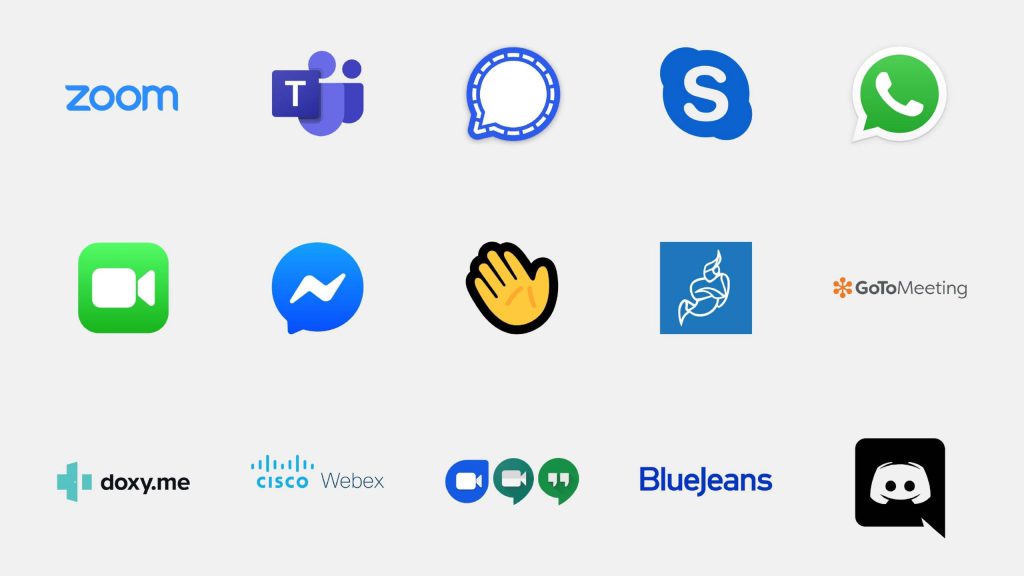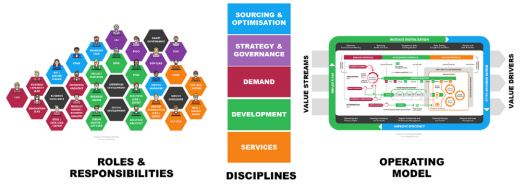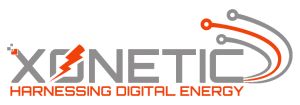Does a remote and distributed workforce change the way you manage your technology? (Clue - yes it does)
The challenges of COVD-19 have brought a sharp focus on technology investments. Everyone knows that tech investments are a good thing right? But as a Business Leader, how do you know that the investments you are making are giving you the best bang for your buck?
And when you have a workforce that is almost totally remote, how do you organise to ensure success?
For a number of years now, there have been changes in the way technology is created. The advent of cloud has brought access to really good, working enterprise technology within reach of every organisation. We can all relate to and marvel at, the speed at which almost every business has been able to access enterprise grade video collaboration tools. Zoom, MS-Teams, Google Hangouts, etc, they have been simple to access and for the most part, they have just worked. No longer does IT need 7 months to plan and build a service. A credit card can switch it on in moments.

But this success has brought new challenges. Now we have access to amazing tools, easily and cheaply, what is the best way to use them? What is the best way to drive business value?
How can Xonetic Help?
Xonetic help organisations combine the latest cloud technologies (Products) with modern ways of working (Business Technology). If you have the right products and you apply them in the right way, you can dramatically improve your effectiveness as a business. We call this Digital Energy and Xonetic exists to help organisations gain maximum benefit from it.
By measuring value and tasks, employees can deeply connect with the nature of the work they are doing which helps with morale and focus.
Idea 1: Cloud- based Applications

Remember though! Buying more business tools requires a different team focus – you will need better legal and commercial understanding in your tech teams to allow you to spin up contracts as and when needed.
The huge benefit of all of this is that time is freed up for the organisation to think about how business tools are arranged in terms of creating business value trains and not into the act of implementing the tools themselves.

Idea 2: Operating Mindset
A digital mindset places the customer at the heart of every action. Think about this for a moment, are you really certain that every person in your business understands how their efforts contribute to customer happiness?
This is not a simple switch from measuring one thing to another. The business of measuring tasks, running projects, managing change incrementally, these are all skills that are vital to an organisation’s success.
However, if the importance of the tasks themselves is the main focus rather than the outcomes then value is lost. I have personally worked on many projects with a great name, Horizon, Phoenix, Vision, where the link to the value is not easy to spot. I sense that a large ERP project will help the customer, but I do not know it.
The shift in mindset is subtle, emphasis is placed on tooling to measure the success of task activities, such as DevOps, whilst organisational attention is moved to the creation of value streams. This is a vital concept – keep measuring tasks. But don’t use people to do it – automate and then automate some more.
What is best for me?
Deciding on the value streams themselves should not be a monumental task, rather start small and then iterate to see what sticks. Virtual teams should be created to support the value streams, this is not an exercise in changing job titles and team structures – although this will come over time as the organisation learns.

Teams that are familiar with agile development techniques will be familiar with the concept of value streams – however there are many activities within an organisation that do not lend themselves to being managed iteratively and are more sequential in nature. So the trick is here is not just “do agile”, rather think about how to organise around value.
For example, one of our customers is a large European retailer, who are opening a store every single day (even at the moment!). This type of activity requires well defined sequential plans which are not agile in nature. Having implemented our Business Technology Operating model their activity is measured by value – this activity is part of a value stream that is based around the customer experience, that also drives the customer online experience so that they are in tandem, in lockstep with the physical approach.
The Business Technology framework is now in its 11th year and has been used by many hundreds of companies across the Nordics to harness Digital Energy. Open source and developed continuously by the community, it represents battle tested strategies and ways of working. Our expertise and training academy offers the opportunity to access this model at your own pace. Self-led, guided, or consulting led models (or a blend of all three) are available dependant on what works best for your business.
But this success has brought new challenges. Now we have access to amazing tools, easily and cheaply. What is the best way to use them? What is the best way to drive business value?
Find out more about our Business
Technology Operating Model
So coming back to the distributed nature of teams. By measuring value and not tasks, employees are able to deeply connect with the nature of the work they are doing which helps with morale and focus. Organisations are able to focus on value – not what did an individual do today, but use metrics like the average value created on a monthly basis. You can start to measure and predict the value that your teams will deliver and this allows you to identify areas that need support, to improve predictability of results. This approach is holistic, inclusive and does not worry about measuring individual tasks.
Xonetic
At its heart, Digital Modernisation is about improving your customer experience. We define Digital Energy as the combination of highly digital and automated business applications and tools, combined with Industry leading ways of working, practices and techniques.
If you would like to understand more about our open-source best practice knowledge, training and advisory services then please drop in for a virtual coffee or register for a free seminar.
This article was first published in the April edition of Open Access Government. To ready the article in the magazine click the button below
To Find Out More Contact Xonetic











